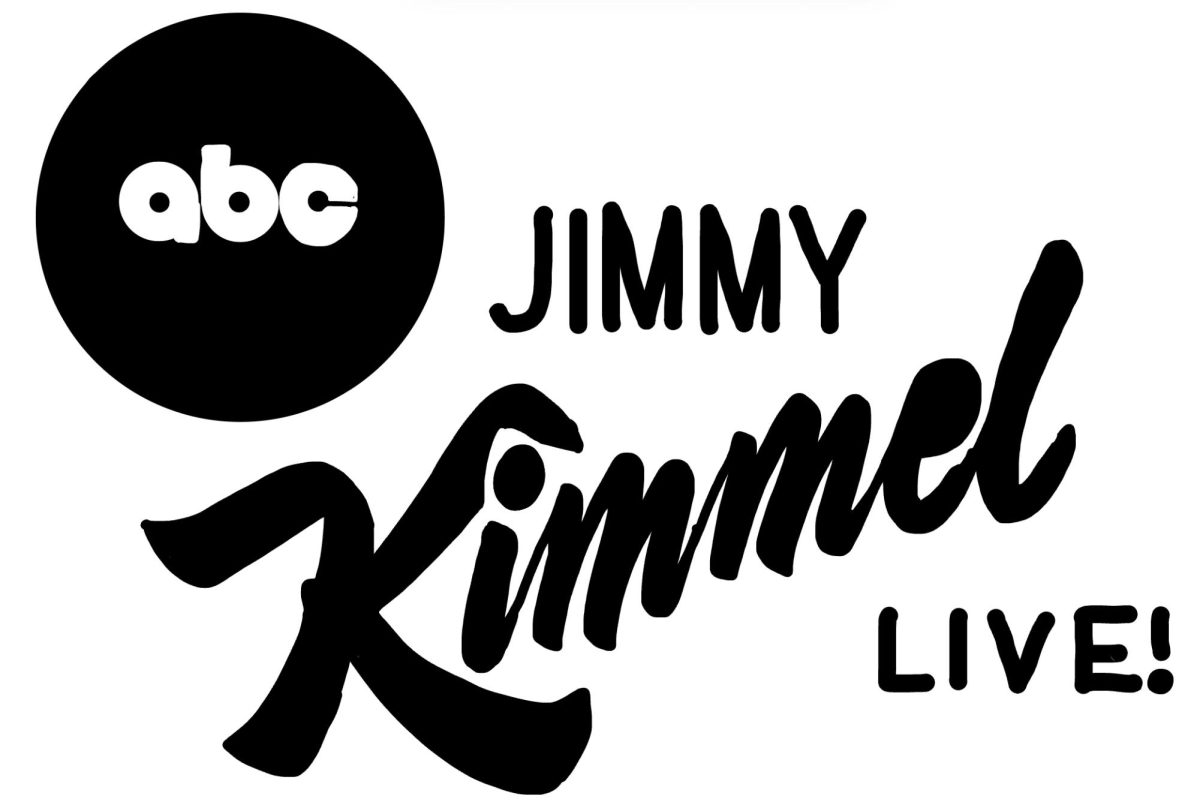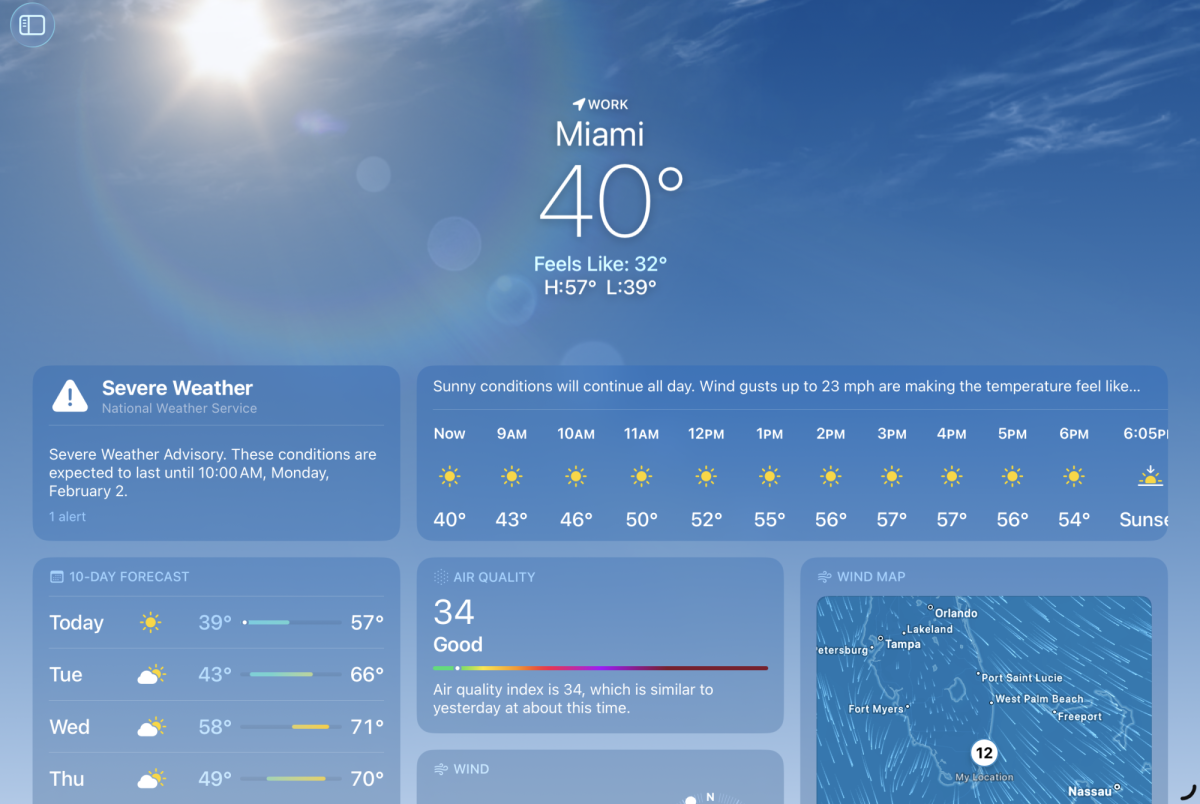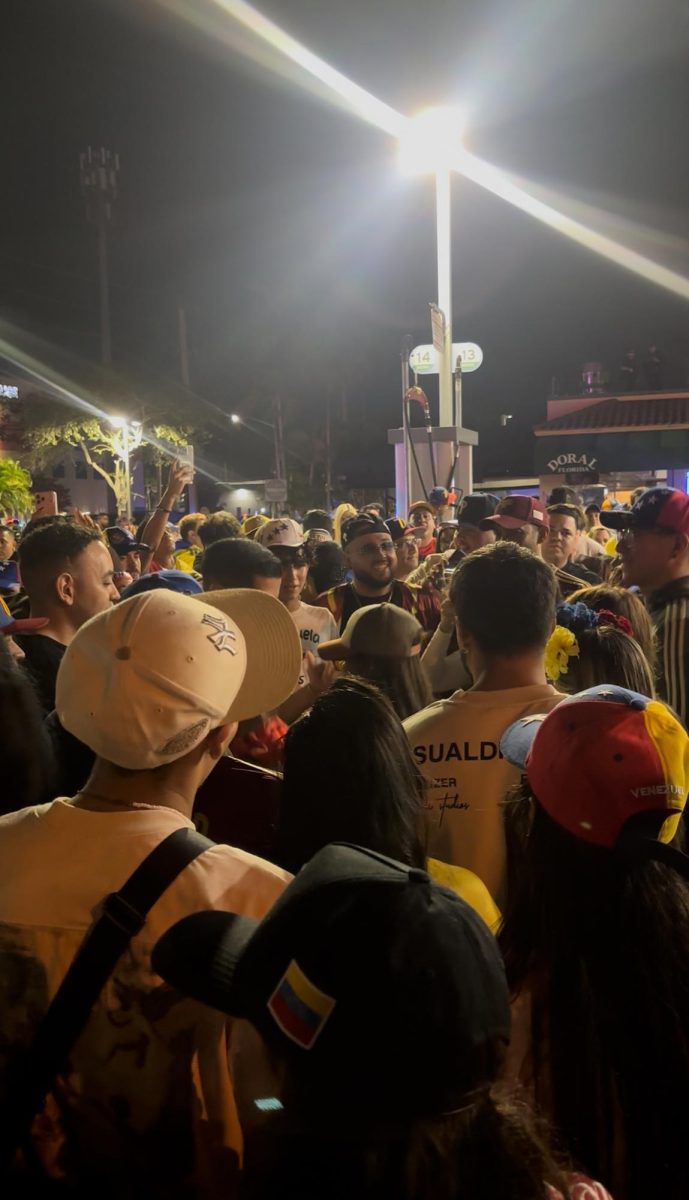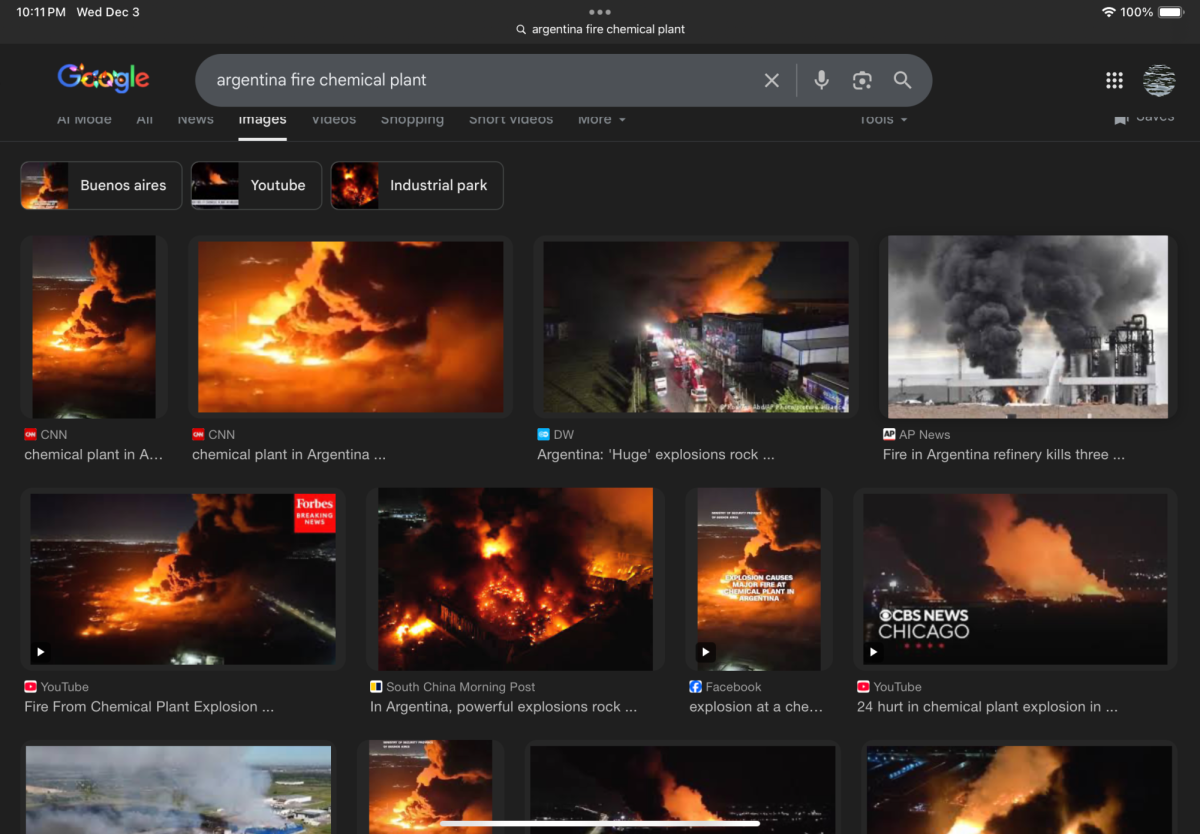Comedian Jimmy Kimmel’s late-night talk show, Jimmy Kimmel Live!, returned September 23 after a suspension that drew national attention. The program had been pulled by ABC and Disney September 17 following comments Kimmel made about the man accused of killing conservative activist, Charlie Kirk.
Two major broadcasting groups, Nexstar and Sinclair, which represent about a quarter of ABC affiliates, chose not to air the show during the suspension. The move prompted a wide debate about free speech, responsibility, and the role of television hosts in shaping public conversation.
Kimmel’s return drew an audience of 6.2 million viewers, according to Nielsen. That number is almost four times his normal audience, even though more than 20 percent of ABC stations continued to boycott the show. ABC announced Wednesday that for viewers ages 18 to 49, the show reached its strongest ratings for a regular episode in more than a decade.
Some students at ILS said the controversy made them think about the balance between expression and accountability.
Senior Alessandra Alvarez shared her perspective.
“Even if people do not always agree with what he says, I think it matters that his voice was not completely silenced. It shows how important open dialogue is,” she said.
Kimmel’s return monologue mixed emotion with humor. He noted that some Republican officials had questioned remarks from Brendan Carr, the chairman of the Federal Communications Commission, who had criticized him the week before. He also used the moment to share strong opinions about the Trump administration.
Senior Aya Bardwill reflected on the influence entertainers can have.
“Late-night shows are supposed to be funny, but they also touch on serious issues. I think Kimmel’s suspension reminds us how careful public figures need to be with their words,” she explained.
Sophomore Sienna Rice added that the debate showed how complicated free speech can be in practice.
“I do not watch his show a lot, but hearing about it made me realize how messy it gets. People want freedom of speech, but at the same time, networks and audiences respond when they feel a line has been crossed,” she said.
In his first monologue back on air, Kimmel addressed the larger issue.
“This show is not important. What is important is that we get to live in a country that allows us to have a show like this.”
Kimmel’s reinstatement may have been about one program, but the questions it raised reached far beyond late-night television.









